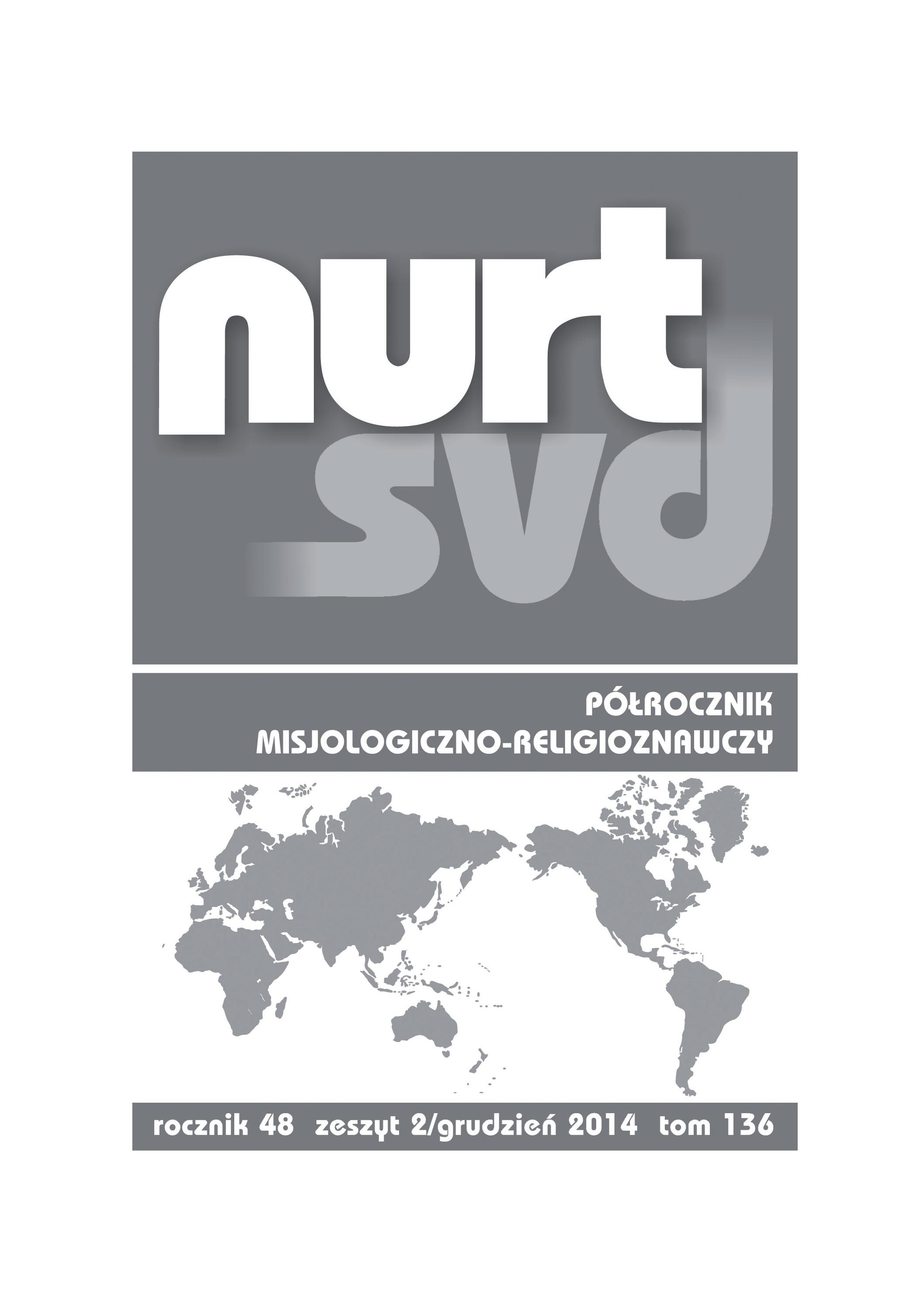Mystères «blasphématoires» de Bardesane
Bardaisan’s “Blasphemous” Hymns
Author(s): Izabela JuraszSubject(s): Theology and Religion
Published by: Verbinum
Keywords: Bardaisan; Ephrem the Syrian; heresies; semantic figures; primary Christian thought; philosophy;
Summary/Abstract: Bardaisan († 222) is the first Syrian language Christian philosopher who, in the light of the criticism of Ephrem the Syrian († 373), is considered a heretic.The present author explains the peculiar phraseme used by Ephrem the Syrian to indicate Bardaisan’s error: the “blasphemous hymns.” This original formula contains criticism of astral polytheism, in various forms present in Bardaisan’s thoughts. The term “hymn” itself indicates the content in connection with the religion of the Persian Magi – especially the “verbalisation of thought” and the cosmological concepts. Meanwhile, the mentioned semantic figures occur already in Christian literature of the 1st and 2nd century; in this essay they shall be construed as a positive influence on the young Christian polytheistic astral worship, prevalent in various forms in Hellenistic and Eastern cultures – even in Judaism. As a result, the original Christian thought crystallised itself in the intellectual and spiritual climate of Jewish mysticism, Platonic philosophy and polytheistic astral worship. In the context of encounters with Persian religious traditions the Syrian Christians formulated (and preserved for centuries) the original theological formulas – later considered heretical. A typical example of the overlap of religious subjects and their independent interpretation is the idea of “the universe in the form of a cross,” which we may often discover among the Gnostics, Bardaisan’s students, and especially among the Church’s Fathers: Justin Martyr and Irenaeus of Lyons.
Journal: Nurt SVD
- Issue Year: 136/2014
- Issue No: 2
- Page Range: 64-90
- Page Count: 27
- Language: French

